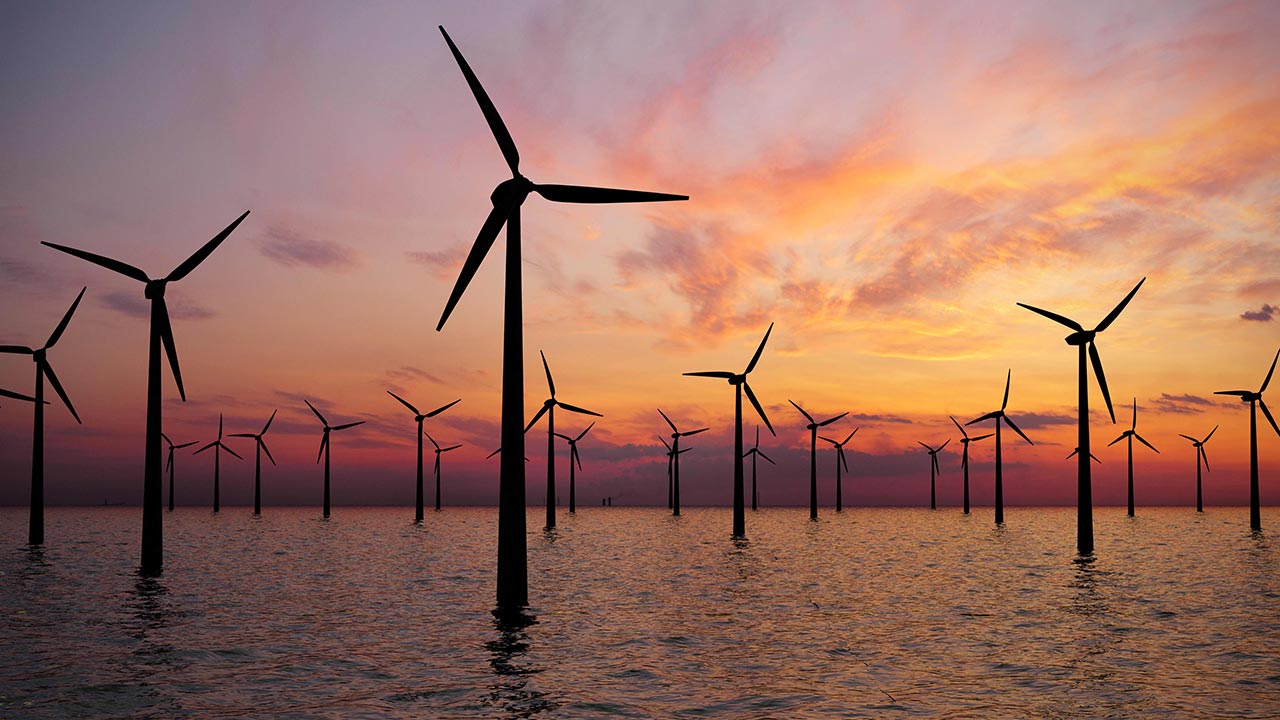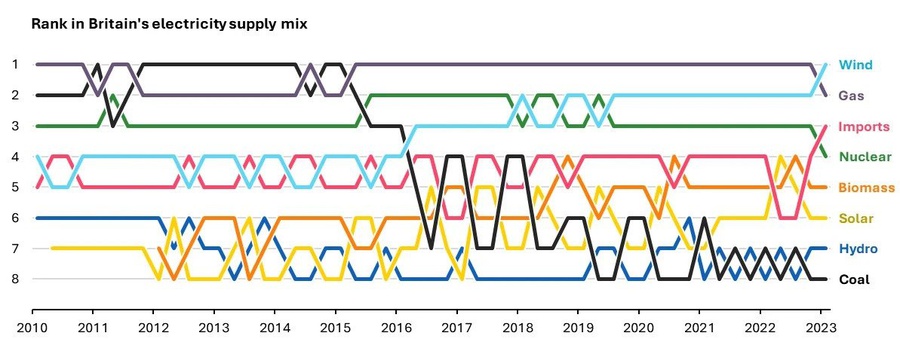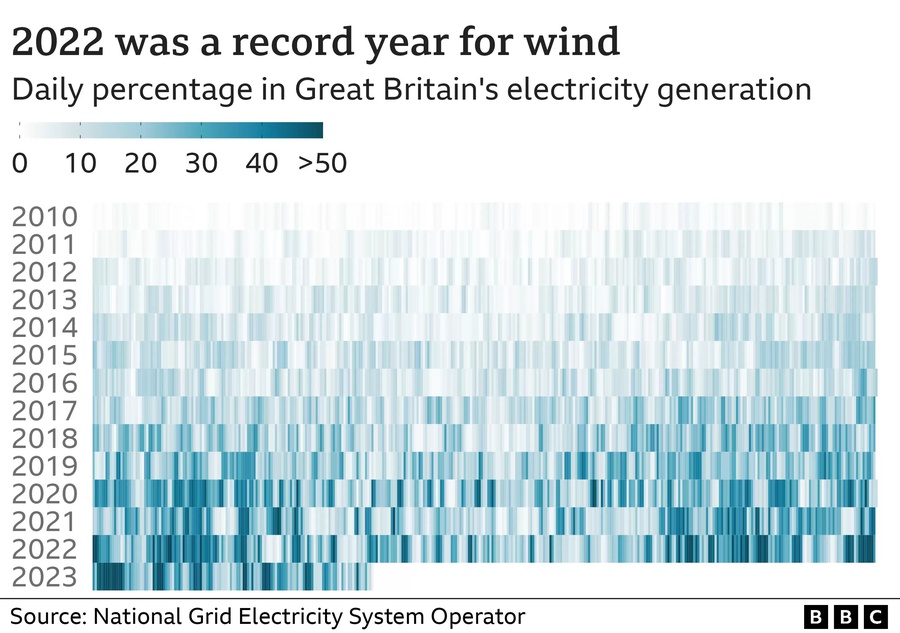Iain Staffell, an energy researcher at Imperial College and lead author of the report, described this development as a genuine milestone event, acknowledging that while there are still obstacles to overcome, wind outpacing gas signifies substantial progress towards a fossil fuel-free grid.
Offshore wind farms have played a crucial role in the UK's wind power capacity. However, the installation of new onshore wind turbines has been effectively prohibited in England since 2015. To expedite development, Prime Minister Rishi Sunak agreed in December to relax planning restrictions imposed on onshore wind turbine projects.
The shift towards renewable power is of utmost importance in combating the impacts of climate change, which are increasingly evident worldwide. Even the UK, which experienced its hottest year on record in 2022, recognizes the urgency of transitioning to sustainable energy sources.
Notably, solar energy has also made strides in the UK's energy landscape. April witnessed a record period of solar energy generation, as confirmed by the National Grid. In the first quarter of 2023, renewable energy accounted for 42% of the country's electricity, with fossil fuels such as gas and coal contributing to 33%.
Despite these achievements, challenges persist. Recent BBC research uncovered that numerous green energy projects worth billions of pounds are facing delays due to difficulties in connecting to the grid. Insufficient capacity in the electricity system has led to wait times of up to 10 to 15 years for some solar and wind sites.
Furthermore, electricity only meets 18% of the UK's total power requirements, leaving other energy demands unmet, such as heating, manufacturing, and transportation. The government aims to shift households away from gas boilers toward heat pumps that rely on electricity for heating.
Source: BBC



